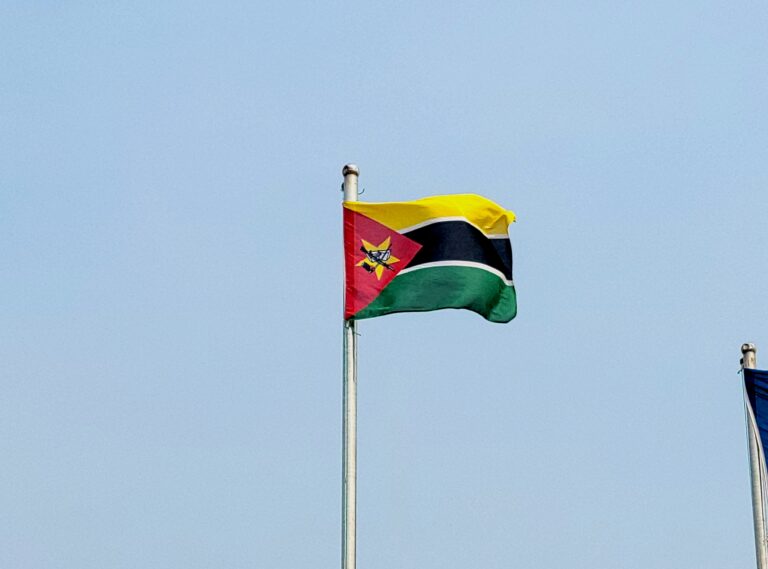The Netherlands: A Tax Haven for multinationals
When foreign multinationals start a ‘mailbox company’, a company which usually has no employees and is managed by a so called ‘trust office’, this company pays no taxes in the country of origin.
Often the presence of the foreign company is no more than a ‘mailbox company’, which usually has no employees and is managed by a so called ‘trust office’. Despite the abolition of some fiscal advantages during the past few years, the amount of ‘mailbox companies’ is still growing. At the moment the Netherlands counts some 20,000 mailboxes.
The attractiveness of the Netherlands results mainly from the large number of tax treaties the Netherlands has concluded with other countries. SOMO researcher Francis Weyzig explains: ”Due to these treaties, it is profitable for a company to move payments on interest, royalties and dividends from one country to a parent company in another country through the Netherlands. These kinds of conduit constructions can be harmful when, for example, the parent company is located in a tax haven.” Data from the Dutch Chamber of Commerce shows that a quarter of the Dutch mailbox companies classified as financial holdings have a parent company in the Netherlands Antilles, a well known tax haven.
The Netherlands also has a special arrangement for group financing companies who act as the banker within a large corporation. The current arrangement was found unacceptable by the European Union and was abolished with a transition arrangement up until 2011. But in the current ’Working for Profit’ proposal for modifying tax legislation, recently accepted by the Dutch Parliament, the harmful constructions can continue in a new form under the ‘group interest box’. This new proposal is being discussed in the Dutch Senate on the 20th November.
The removal of multinational revenues before paying taxes in the country of origin, can be detrimental. This may happen in the form of high interest payments to a group financing company or in the form of royalties. Other countries including developing countries, therefore loose their tax incomes.
The Netherlands gains about an extra €1.2 billion of tax income because of this system and a few thousands jobs are created at trust offices and tax consulting firms. However, at the same time the Netherlands also facilitates money laundering and attracts companies with a dubious reputation, like Trafigura, a company recently involved in the toxic waste disaster in the Ivory Coast.
Related news
-
 Tax avoidance in Mozambique’s extractive industriesPosted in category:Long read
Tax avoidance in Mozambique’s extractive industriesPosted in category:Long read Vincent KiezebrinkPublished on:
Vincent KiezebrinkPublished on: -
The treaty trap: The miners Published on:
 Vincent KiezebrinkPosted in category:Publication
Vincent KiezebrinkPosted in category:Publication Vincent Kiezebrink
Vincent Kiezebrink
-
The treaty trap: The gas companies Published on:
 Vincent KiezebrinkPosted in category:Publication
Vincent KiezebrinkPosted in category:Publication Vincent Kiezebrink
Vincent Kiezebrink

